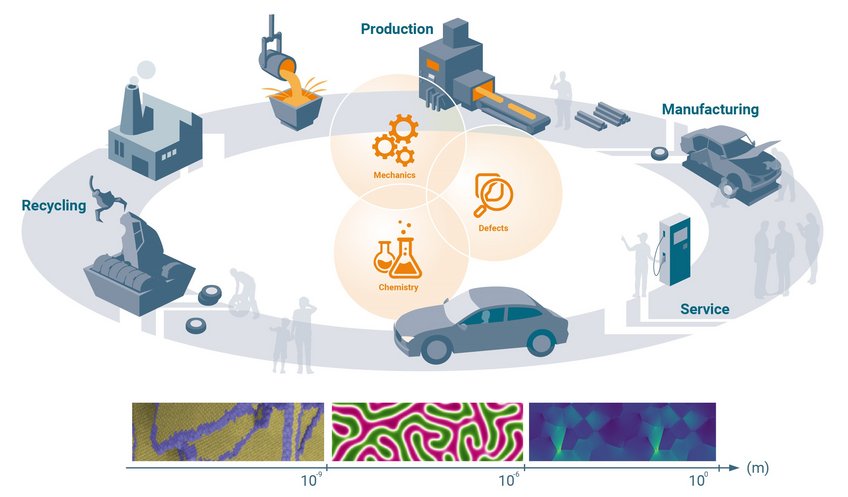
In today’s fast-paced world, where technology evolves at an unprecedented rate, the realm of electronics remains at the forefront of innovation. From the invention of the transistor to the development of cutting-edge quantum computers, the journey of electronics has been nothing short of remarkable. In this article, we will delve into the captivating world of electronics, exploring unique insights and unseen inventions that are revolutionizing the field.
Introduction
Electronics, the science of controlling electrical energy, has transformed the world in unimaginable ways. From the invention of the first vacuum tube to the latest advancements in quantum computing, the field has seen exponential growth. This article explores the most groundbreaking developments that are shaping the future of electronics.
The Birth of Transistors: A Game-Changer
The transistor, a tiny semiconductor device, marked a pivotal moment in electronics. In 1947, John Bardeen, Walter Brattain, and William Shockley introduced the first transistor at Bell Labs, replacing bulky vacuum tubes and paving the way for modern electronics.
Miniaturization: Shrinking Electronics
The relentless pursuit of smaller, more efficient electronic components has revolutionized our gadgets. Miniaturization has led to the creation of powerful yet pocket-sized devices, making technology more accessible than ever.
Quantum Computing: Unleashing Unprecedented Power
Quantum computing, harnessing the bizarre principles of quantum mechanics, promises computing power beyond our wildest dreams. It has the potential to solve complex problems that were once considered unsolvable, from simulating molecules to optimizing supply chains.
Flexible Electronics: The Future of Displays
Flexible electronics have transformed the way we interact with screens. From rollable OLED displays to foldable smartphones, this innovation is changing the face of consumer electronics.
Energy Harvesting: Sustainable Electronics
The quest for sustainable energy sources has spilled over into electronics. Energy harvesting technologies are enabling devices to power themselves using ambient energy sources like sunlight, motion, and heat.
Neuromorphic Computing: Mimicking the Brain
Neuromorphic computing seeks to mimic the human brain’s neural networks, paving the way for intelligent, energy-efficient AI systems that learn and adapt like humans.
5G and Beyond: The Future of Connectivity
The rollout of 5G networks promises lightning-fast internet speeds and low latency, but what lies beyond 5G? We explore the next generation of connectivity that will enable the Internet of Things (IoT) and more.
Printed Electronics: Affordable Innovation
Printed electronics leverage cutting-edge printing technologies to create cost-effective, customizable electronic circuits, opening up new possibilities for industries like healthcare and aerospace.
Biocompatible Electronics: Merging with Biology
The convergence of electronics and biology has given rise to biocompatible electronics. These devices seamlessly integrate with the human body, revolutionizing healthcare and diagnostics.
Electronics in Space: Beyond Our Planet
As we venture into space exploration, electronics play a crucial role in spacecraft, satellite communications, and interplanetary missions. Discover the innovations propelling humanity into the cosmos.
Wearable Electronics: Tech on Your Skin
Wearable electronics have become a part of our daily lives, from fitness trackers to smartwatches. We delve into the latest trends and breakthroughs in this booming industry.
Internet of Things (IoT): A Connected World
The IoT is connecting our world like never before. We explore how everyday objects are becoming smart, enhancing convenience, efficiency, and sustainability.
Artificial Intelligence in Electronics
Artificial intelligence is infusing intelligence into electronics. From voice-activated virtual assistants to autonomous vehicles, AI is reshaping the electronics landscape.
Conclusion
The world of electronics is in a perpetual state of evolution. From the humble transistor to the mind-boggling potential of quantum computing, these innovations are transforming our lives in ways we could only dream of. As we continue to push the boundaries of what’s possible, one thing is certain: the future of electronics holds endless possibilities.